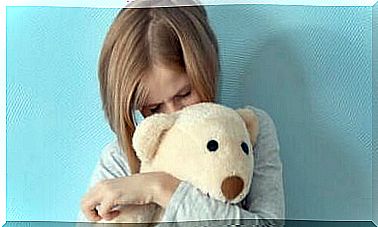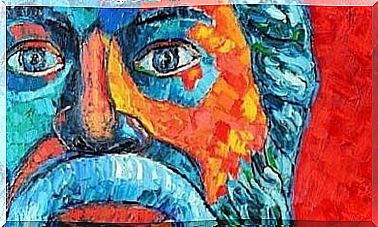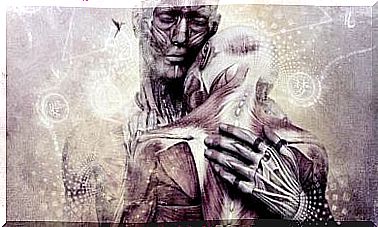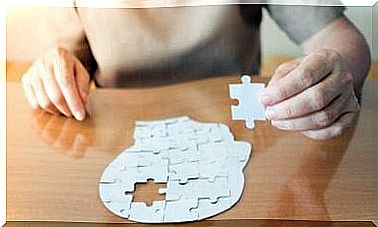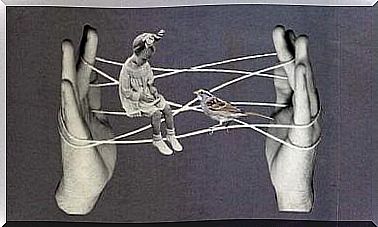Play And Child Development: What Relationship?
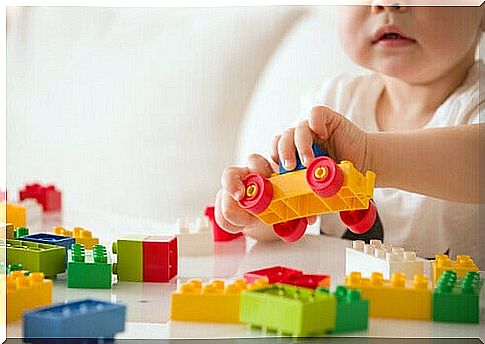
The activity of the game is developed naturally from an early age. The ability to play, at simple sight, may seem to have as its only function to entertain and pass the time. However, for some decades now psychologists have begun to question this fact; there are now various – if not many – educational psychologists who have studied the relationship between play and childhood development.
A key aspect to keep in mind, and which may seem shocking, is that from an evolutionary point of view it is always possible to find additional reasons, beyond mere pleasure, to carry out the actions that make us feel good. Leaving aside the pathological cases, therefore, if something causes pleasure it is evolutionarily useful. According to this reasoning, the game actually has a function or utility. Furthermore, studies show that a restrictive limitation of playtime during childhood corresponds to adults with poor social skills.
As for the relationship between play and childhood development, we need to open our minds to different theories, not always supported by the same basic ideas. However, to understand the complex role that play plays in our development, we need to take a broad perspective and look at all available data.
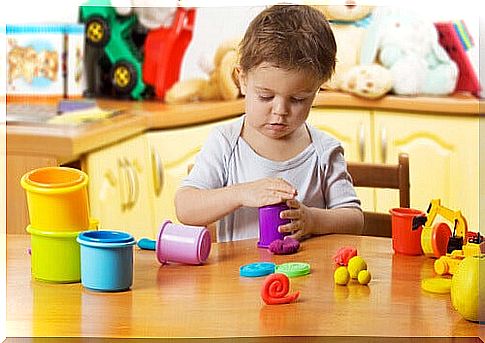
Theoretical perspectives on play and childhood development
One of the first authors to study the subject was Karl Groos, who saw the game as a pre-exercise: a fundamental step to reach psycho-physiological maturity as a phenomenon linked to growth. The game consisted for him of a preparatory exercise for the development of certain functions. Motor games facilitate physical development, psychological ones prepare the child for his social life. Furthermore, if the game is done in a safe environment, the child can train a multitude of skills without running into any kind of risk.
Another entirely different point of view is that of Freud. From the perspective of psychoanalysis, play is intimately linked to the expression of unconscious drives. This would allow the human being to satisfy their desires unfulfilled in reality. This theoretical perspective, although it may seem interesting, lacks clear scientific evidence to support it, other than the fact that it violates the criterion of maximum parsimony on which science is based.
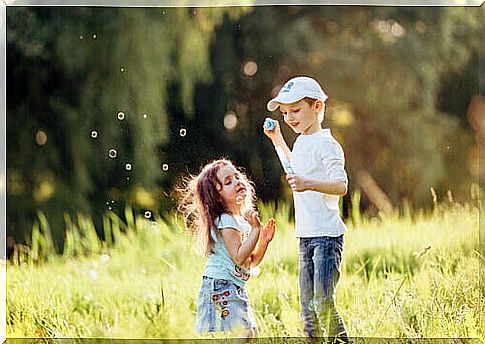
According to Vigotsky, play is a social activity whose key is cooperation between the participants. Thanks to this cooperation, each player learns to adopt a role (assuming roles), a fundamental aspect in adult life. Vigotsky concentrated solely on the symbolic game, pointing out how within the game objects take on their own meaning (a stick between the legs can become a horse). A socioconstructivist perspective can be seen, based on a primordial function of play linked to learning and the sharing of roles and meanings.
Another author who theorized about the game was Jerome Bruner – according to his point of view, the game would be tied to the immaturity with which human beings are born. This leads people to produce a series of pipelines that allow them to adapt flexibly. The game would therefore be useful for experimenting with each of these behaviors and discovering how they allow us to adapt to the cultural-environmental context. By carrying out this experimentation in a playful context, the person is free from pressures and is not afraid of negative consequences.
Even Piaget, one of the great psychologists of the development, made the relationship between play and social development. His vision regarded play as an activity no different from non-playful activities. In his opinion, it is an adaptive action with which the child learns characteristics of reality and, in a certain sense, controls them. This thinking is highly linked to the concepts of assimilation and accommodation developed by Piaget himself.
The importance of the game
Although there are many points of view regarding the function of play, it is clear that it is always important for childhood development. It is also interesting to note that the various existing theories are not incompatible with each other : the relationship between play and child development can be multiple and enriching.
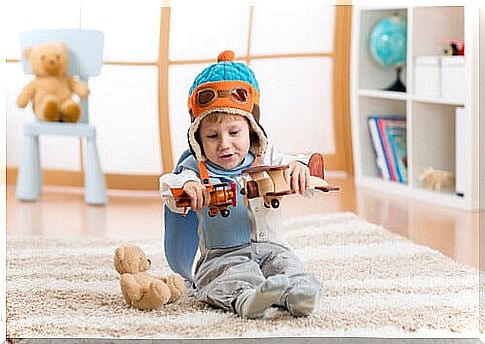
Now that we know the various functions attributed to the game, we can imagine how important it is. The disappearance of play from the child’s life can generate consequences for his physical, psychological and social development. For this reason , it is essential that playful activities (without pressure and with a strong intrinsic motivation) are present in the daily life of our children.
A play-based education will give them the opportunities they need to grow in every respect. In this sense, it is good not to fall into the error of replacing the game with other intellectual or cognitive activities that we consider potentially better: without the game, in fact, cognitive and intellectual development will be affected . Furthermore, let’s not forget that even before we are born we are already in a phase of growth and development, and that to continue growing once we are born it is essential to be able to count on play, which natural and pleasant inclination it is.
